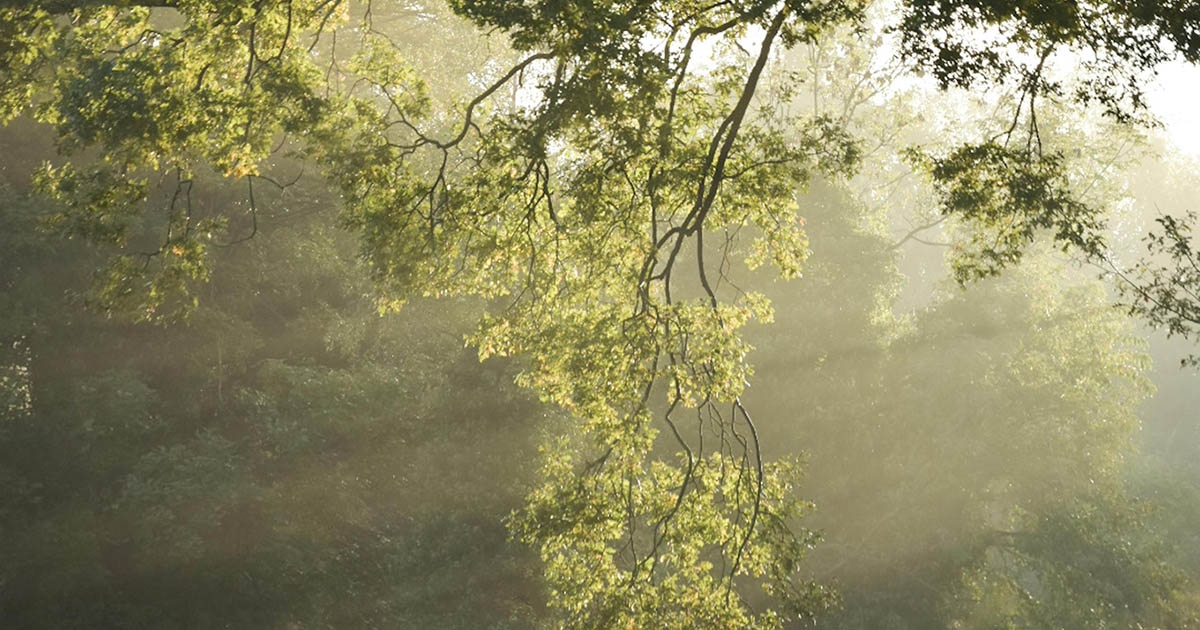Nature-based climate solutions for a sustainable climate future

Speaker(s)


Description
In this webinar, the political and societal background to the establishment of a network of eight micrometeorological towers funded by the Quebec government's Plan for a Green Economy program will be presented. In addition, the methodological approach used by this network will be discussed.
Summary
Nature-based climate solutions encompass ecosystem functions capable of removing carbon dioxide from the atmosphere and enhancing carbon sequestration. Peatland ecosystems are wetlands that contain considerable quantities of carbon, and Canada is fortunate to have a quarter of all the world’s peatlands. Peatlands sequester around 150 billion tonnes of carbon, which exceeds the amount stored in the Amazon rainforest and is equivalent to 11 years of global greenhouse gas emissions. These carbon-rich ecosystems are therefore one of our greatest allies in the fight against climate change. However, when drained or subjected to other types of disturbance, peatlands can release large quantities of carbon and methane into the atmosphere, adding to global warming.
In this context, various organizations and levels of government are calling for a better understanding of the carbon storage potential of different types of wetlands.
A research program involving the installation of a network of eight micrometeorological towers, funded by the Quebec government’s Plan for a Green Economy program, will quantify the net carbon in four types of wetlands under natural and disturbed conditions.
In this seminar, we will present the political and societal context in which this network was created and discuss the methodological approach, drawing examples from a regional network of micrometeorological towers in the Northwest Territories.
Learning objectives
-
What is the idea behind nature-based climate solutions?
-
What are the components of a peatland ecosystem’s net carbon balance?
-
Why are eddy covariance measurements ideal for monitoring nature-based climate solutions?
Speakers
Dr. Oliver Sonnentag is an associate professor and the Canada Research Chair in Atmospheric Biogeosciences at High Latitude at the Université de Montréal. His research focuses on understanding changes in surface-atmosphere interactions in response to increasing natural and anthropogenic pressures. Dr. Sonnentag has established a transect of towers for micrometeorological measurements (e.g. eddy covariance) along a 2,000 km climatic gradient across the boreal forest of northwestern Canada. He uses remote sensing and modelling techniques to study changes in the composition, structure and function of Arctic-boreal ecosystems. He also runs an education network to build local Indigenous capacities in the Northwest Territories.
Dr. Michelle Garneau has been a full professor at UQAM since 2001. Previously, she worked as a researcher with the Geological Survey of Canada for nearly 10 years, where, among other things, she coordinated the paleoecology/paleoclimatology component of the Canadian high Arctic climate change observatory on Ellesmere Island. She is a regular member of the Geotop and the GRIL and an associate member of the Centre d’études nordiques, which are three strategic groups within the Fonds de recherche du Québec–Nature et technologies (FRQNT). She is involved in several national and international research projects linking aspects of peatland carbon dynamics and climate in boreal and sub-Arctic latitudes.